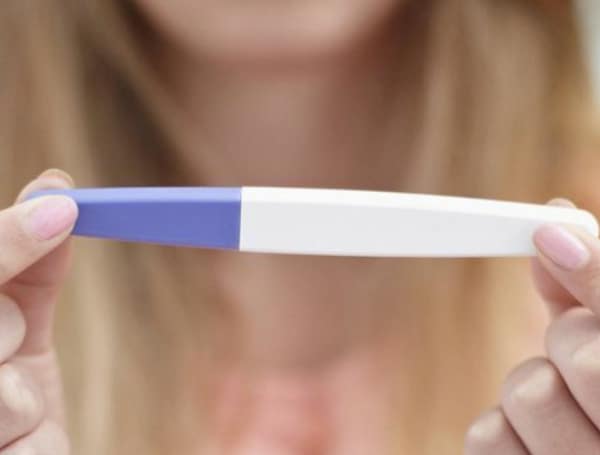Tuesday’s elections, following months of conflicting polls, provided the first concrete insights into how voters will respond to the Supreme Court overturning Roe v. Wade.
Ballot measures enshrining legal elective abortions to six months or later passed easily in blue states including Michigan, California, and Vermont, while Kentucky rejected an anti-abortion measure.
Republican candidates who clearly defined their positions on abortion, however, performed well compared to GOP candidates who avoided the issue in their campaigns, pro-life activists argued.
“GOP pro-life candidates win in competitive races if they define their opponents as abortion extremists who support abortion on demand with no limits, and contrast that with a clearly defined pro-life position centered around consensus such as pain-capable or heartbeat limits,” Marjorie Dannenfelser, president of the Susan B. Anthony List, said in a statement.
Republican Florida Gov. Ron DeSantis, Republican Ohio Gov. Mike DeWine, Republican Georgia Gov. Brian Kemp, and Republican Texas Gov. Greg Abbott all won their reelection campaigns after signing abortion restriction bills ranging from conception to 15 weeks.
Their margins of victory were strong, ranging from 7% to 19%.
Republicans who lost their races may have performed poorly in part due to their avoidance of the abortion issue, Dannenfelser argued: she said prospects were worse for Republican “candidates who were not prepared and took the ostrich strategy: burying their heads in the sand and running from the issue, allowing their opponents to define them.
Former Pennsylvania Republican Senate candidate Mehmet Oz was a prime example of this, she said.
Democratic strongholds California, Michigan, and Vermont saw a different dynamic play out: voters approved of ballot measures enshrining a right to elective abortions into the final trimester of pregnancy. Kentucky voters rejected a measure affirming that the constitution doesn’t enshrine a right to abortions.
“It’s hard to know how the election would have turned out without Dobbs, but it stands to reason that it improved Democratic fortunes and that Republicans paid a price for hard-line abortion stances,” Kyle Kondik, managing editor of Sabato’s Crystal Ball at the University of Virgina, told the Daily Caller News Foundation.
“Michigan was arguably the biggest success story for Democrats across the country — I don’t think it’s a coincidence that it was the one key swing state that has a high-profile abortion ballot issue,” he said. “However, abortion didn’t hurt Republicans everywhere — like in Ohio and Texas. So just as big a factor as abortion could have been the weakness of Republican candidates in so many big races. A big enough wave could have carried many of them — but, without such a wave, they ended up marooned.”
Visit Tampafp.com for Politics, Sports, and National Headlines. Support journalism by clicking here to our GiveSendGo or sign up for our free newsletter by clicking here.
Android Users, Click Here To Download The Free Press App And Never Miss A Story. Follow Us On Facebook Here Or Twitter Here.



